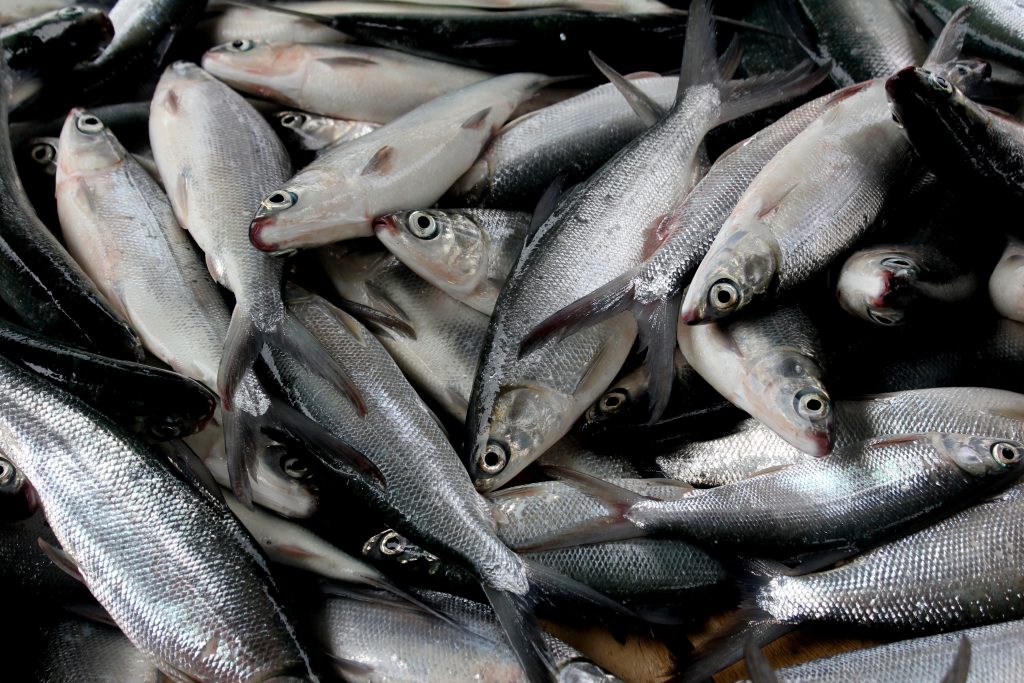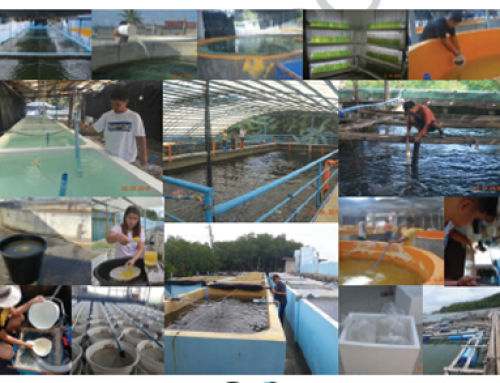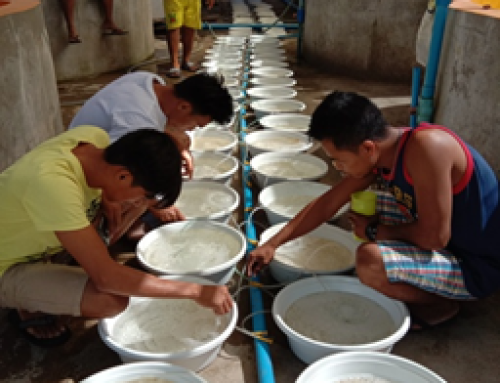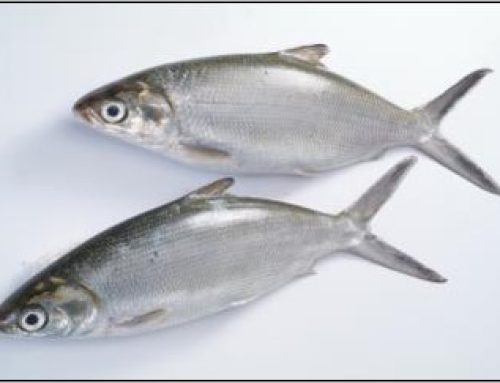In this Article

Satellite Hatchery
The program titled, “Genetics for Sustainable Milkfish Aquaculture” is composed of the following projects:
- Project 1: Development of molecular markers for milkfish broodstock management
- Project 2: Genetic and morphological variations in hatchery and wild populations of milkfish
- Project 3: Cloning sequence analysis of lectin genes from Chanos chanos F.
- Project 4: Molecular identification and detection of microbial pathogens of milkfish
- Project 5: Pilot testing of automated-mechanized top and bottom feeders and automated hydro-kinetic bottom feeder in commercial milkfish cage culture
Genetic studies showed that there is very little genetic differentiation among the milkfish populations in different locations in the Philippines and Indonesia, disproving the common notion that imported fry are superior to the locally-produced fry. An inventory of existing hatchery stocks also showed that the country has enough supply of broodstock to sustain hatchery production.
This program aimed to identify genetically variable milkfish populations that could be a source of good quality milkfish broodstock. It also aspired to develop markers, specifically microsatellite and RAPD markers in milkfish for (a) evaluating the impact of domestication on local milkfish hatchery stocks; (b) identifying highly genetically variable stocks in wild milkfish populations for use in stock replenishment of aging milkfish breeders and (c) identifying high-quality stocks as founder broodstock in future genetic improvement of milkfish.
The study produced the DNA Probe Kit for milkfish bacterial pathogen detection; Molecular markers for milkfish broodstock management that are used to determine milkfish stocks which are best for breeding and to discriminate wild fry from hatchery-bred fry; Molecular markers for lectin to assess milkfish innate immunity status; and Identified milkfish populations with high genetic variability; Measurements procedure using fish scales to detect early growth rates.








